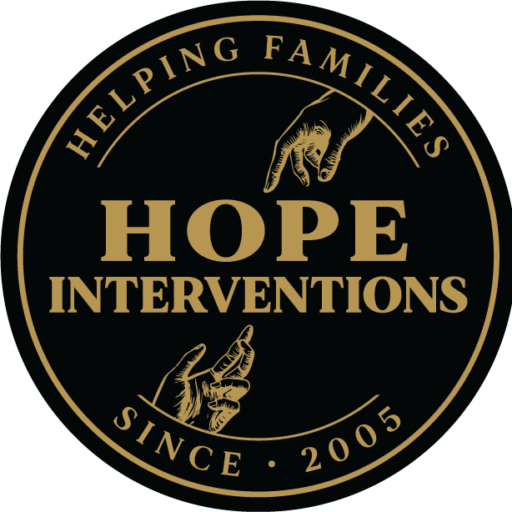When a loved one struggles with addiction, families often feel overwhelmed, scared, and unsure of what to do next. Addiction intervention services exist to guide families through this difficult time, helping them take meaningful steps toward recovery. But what exactly does an intervention involve, and what should families expect from the process?
This guide will walk you through the role of professional interventionists, the stages of an intervention, and how these services can help transform a crisis into a turning point for healing.
What Are Addiction Intervention Services?
Addiction intervention services are structured, professional processes designed to help individuals recognize the impact of their substance use and accept treatment. Unlike casual conversations, interventions are carefully planned and often guided by a certified addiction interventionist.
These services provide:
- Professional planning and guidance to ensure the process is safe and constructive.
- Family support and education to help loved ones communicate effectively.
- Resources and referrals for treatment programs, therapy, and ongoing care.
The Role of a Professional Interventionist
A professional interventionist serves as a neutral guide and facilitator. Their role is to:
- Prepare family members and loved ones for the intervention.
- Teach healthy communication strategies.
- Lead the intervention meeting in a compassionate but structured way.
- Help families set healthy boundaries.
- Connect the individual with appropriate treatment options.
By bringing expertise and experience, interventionists reduce the chances of the meeting turning confrontational and increase the likelihood of success.
What Families Should Expect from the Process
1. Initial Consultation
The process often begins with a confidential consultation. During this stage, the interventionist learns about the individual’s history, substance use, and family dynamics.
2. Planning the Intervention
Families work with the interventionist to prepare statements, set goals, and rehearse the process. This stage includes addressing fears, expectations, and creating a unified plan.
3. The Intervention Meeting
The actual intervention is a structured meeting where loved ones express their concerns in a supportive, non-judgmental way. The goal is to encourage the individual to accept treatment immediately.
4. Transition Into Treatment
If the intervention is successful, the individual enters a treatment program. The interventionist often helps with logistics, from admissions to travel arrangements.
5. Ongoing Family Support
Recovery doesn’t stop after the intervention. Families can expect ongoing guidance, resources, and support to strengthen relationships and maintain healthy boundaries.
Benefits of Professional Intervention Services
- Increases likelihood of treatment acceptance.
- Reduces family conflict and blame.
- Provides expert knowledge of addiction and recovery.
- Empowers families with tools and boundaries.
- Offers hope during times of crisis.
Costs of Addiction Intervention Services
The cost of intervention services in the US can vary depending on the provider, location, and level of support. Families should expect:
- Flat fees or hourly rates for professional services.
- Additional costs related to travel, treatment admissions, or ongoing care.
While cost is a concern, it’s important to compare it against the emotional, financial, and health toll of untreated addiction.
Tips for Families Considering an Intervention
- Do not attempt an intervention without guidance.
- Be prepared for emotional reactions but remain calm.
- Stay unified as a family—mixed messages reduce effectiveness.
- Focus on love, care, and hope rather than anger or judgment.
- Remember that recovery is a journey, not a one-time event.
Conclusion
Addiction intervention services are more than a meeting—they’re a lifeline for families who feel powerless against addiction. By working with a professional interventionist, families can transform a moment of crisis into the first step toward healing and recovery.
If your family is struggling to help a loved one, Hope Interventions is here to guide you with compassion, structure, and proven expertise.

